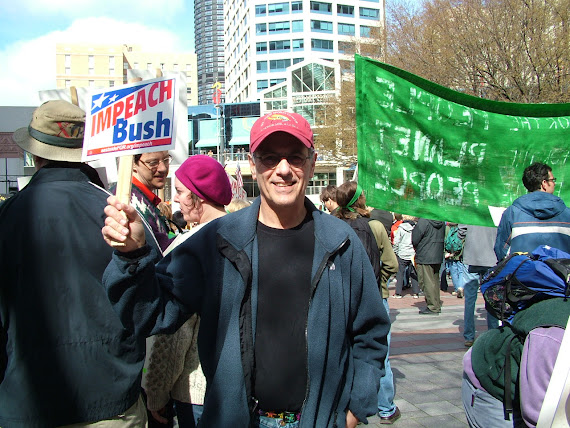The government has a limited privilege to withhold the identity of a confidential informant. Roviaro v. United States, 353 U.S. 53, 59 (1957); United States v. Sai Keung Wong, 886 KF.2d 252, 255 (9th Cir. 1989). That privilege must give way where the disclosure of the informant’s identity or contents of a communication “is relevant and helpful to the defense of the accused, or is essential to a fair determination of a cause.” Roviaro v. United States, 353 U.S. at 60-61; United States v. Sai Keung Wong, 886 F.2d at 255.
The accused bears the burden of demonstrating a need for disclosure of a confidential informant’s identity and must show that he has more than a “mere suspicion” that the informant has information that will prove “relevant and helpful or will be essential to a fair trial.” United States v. Williams, 898 F.2d 1400, 1402 (9th Cir. 1990). Once the accused makes a threshold showing, the court must apply a balancing test.
The court must balance “the public interest in protecting the flow of information against the individual’s right to prepare his defense.” Roviaro v. United States, 353 U.S. at 62. The court should consider the crime charged, the possible defenses, the significance of the informant’s testimony and other relevant factors such as the degree to which the informant was involved in the criminal activity, how helpful the informant’s testimony would be to the defendant, and the government’s interest in non-disclosure. Roviaro v. United States, 353 U.S. at 62; United States v. Gil, 58 F.3d 1414, 1421 (9th Cir. 1995).
Whether disclosure is required depends on “the particular circumstances of each case, taking into consideration the crime charged, the possible defenses, the possible significance of the informer’s testimony, and other relevant factors.” United States v. Amador-Galvan, 9 F.3d 1414, 1417 (9th Cir. 1993) (quoting Roviaro v. United States, 353 U.S. at 62).
When a defendant demonstrates a need for disclosure of the confidential informant’s identity or testimony the court must, at a minimum, hold an in camera hearing to determine whether the information sought would be material and favorable to the defense. See, e.g., United States v. Ramirez-Rangel, 103 F.3d 1501, 1505 (9th Cir. 1997); United States v. Amador-Galvan, 9 F.3d 1414, 1417 (9th Cir. 1993); United States v. Gonzalo Beltran, 915 F.2d 487, 489 (9th Cir. 1990).
Where the government invokes the privilege not to disclose the identity of its informants,
the district court must consider each of the factors identified in Roviaro and make specific
findings. United States v. Ordonez, 737 F.2d 793, 808-09 (9th Cir. 1984). See also United States v. Leon, 487 F.2d 389 (9th Cir. 1973) (If the informant was a percipient witness to the alleged crime, it is error if the district court fails to grant a defense request to order the government to produce the confidential informant and make him/her available for testimony).
Subscribe to:
Post Comments (Atom)


No comments:
Post a Comment